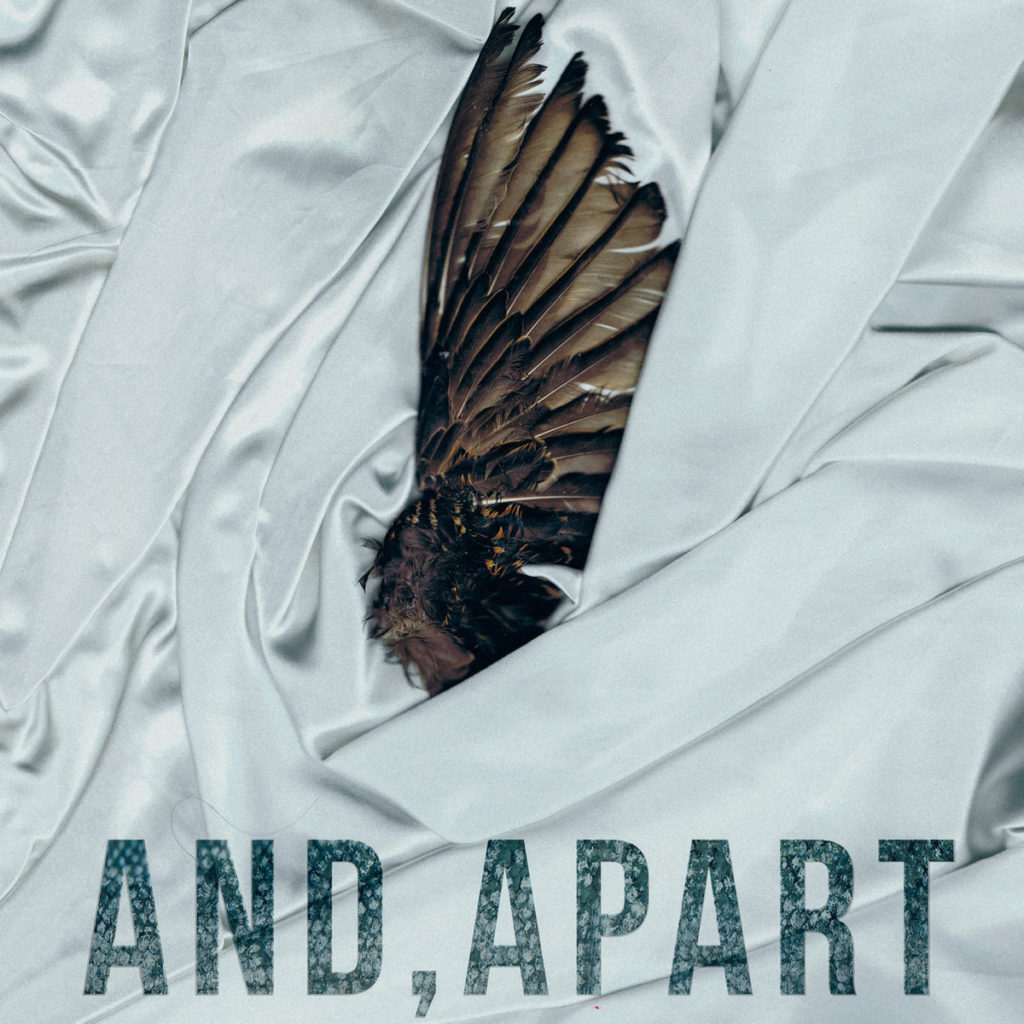The best film scores are symbiotes, feeding off developments on the screen as much as their notes and flourishes contribute non-diagetic narrative elements such as foreshadowing. A character enters the frame, their leitmotif surfaces and the action unfurls, and so on. Talking Book is a duo-turned-trio – and Faith No More/Gigante Sound side project, it should be noted – whose sophomore album, the matter-of-factly titled Talking Book II, is out 24 April, some nine years after its debut. And the band has cinema branded on its collective brain. The vertical black bars framing the vaguely Middle Eastern landscape on the cover were kind of a hint there, pally.
But, while the group has a knack for atmosphere, their short compositions often lack narrative heft. They dress their surroundings, sure, but oftentimes the pieces feel a little static, less driven by forward motion than the cinema with which they aspire to collaborate or appropriate. That is not entirely a bad thing. On its face, Talking Book II is a fairly decent collection of ambient soundscapes, the twinkling atmospheres punctuated by found sounds, drone-laden bass thrums, and the occasional Mancini-ist menace of Welles’ Touch of Evil. But, as an accompaniment to a kind of imagined film, which seems to be what these guys are lurching at, it’s a little less than ambitious enough to sell the goods.
That isn’t to say there aren’t some riveting moments. The excellent opener “Blood Aurora” filters its somber piano figures through stuttering Dictaphone tape, and its Mellotron washes sound grandiose enough to mimic a small orchestra. There’s also a kind of stage-setting, “Let there be light” drama that punctuates the piece, lending it a real sock-you-in-the-gut aural wallop. The synthetic intro to “They Came at Dawn” hints at Goblin’s score work with horror film director and zombie icon George Romero – and, given those Dawn of the Dead implications, the piece is appropriately titled. “The Last Time She Died” features a section about a minute in, complete with driving piano, bass, and a hint of an oboe or bass clarinet, that, at a passing glance, gives nods to films of the Midnight Cowboy era. (This being a Faith No More offshoot, that, too, is appropriate.)
Elsewhere, things are less accomplished. “The War Was Better”, one of the LP’s longer tracks, meanders without destination but doesn’t spend enough time to relish the surroundings. The 1:46-clocked “Early Sorrows”, on the other end of the composition-length spectrum, doesn’t seem to wander anywhere at all, nor does the equally short “A Crumbling Mind Smiles”. It’s doesn’t seem to be a problem of scope or linear walls, though. Some of the LP’s most elegiac moments come from the inverted synth loops of “Dying Light”, which barely breaks the one-minute mark.
Long songs aren’t always lost opportunities either for the trio, which includes Billy Gould, Jared Blum, and Dominic Cramp. At 5:29, “The Land Upright” features the most thematic development and hints of compositional structure on Talking Book II. It also happens to feature a devastatingly simple scale on bass, backed by spiraling synths and a pithy guitar line, that is one of the record’s finest moments.
All in all, this is an interesting outing, if not a breathless successor to the group’s accomplished 2011 debut. Gould and Blum, the songwriting core, have a way with texture and ambiance that can’t be denied. But listeners might expect more from a follow-up that’s been in the can for this long. In short: Talking Book reach for the stars on their second LP but don’t break the stratosphere, instead spending their time with a kind of portraiture of clouds. Not a bad thing, but not what could have been. – Justin Vellucci, PopMatters, April 21, 2020
-30-




